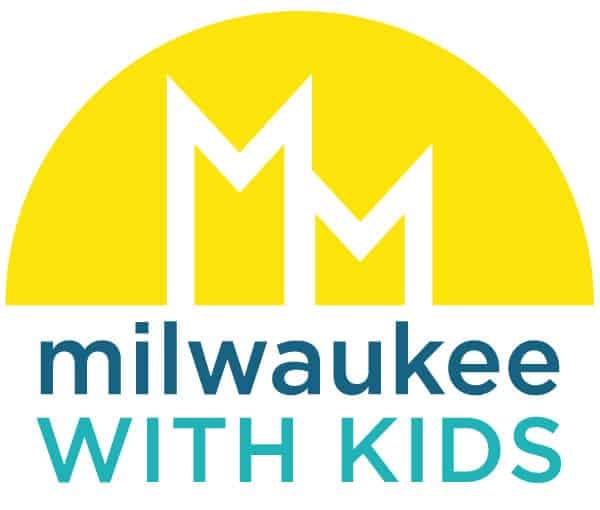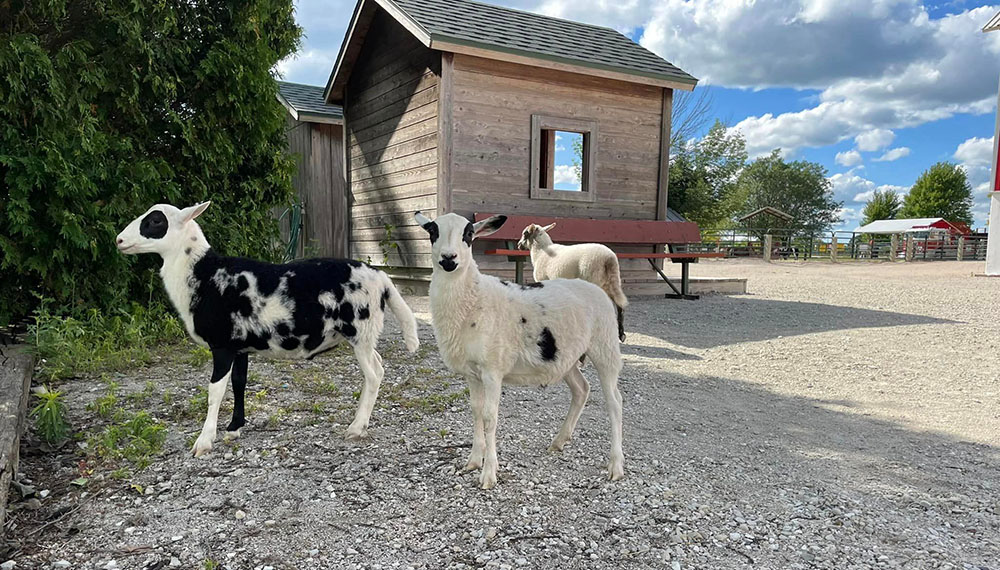In the wake of tragic events like mass shootings, it’s natural for parents to feel unsure about how to address such difficult topics with their children. Whether your child has overheard conversations, seen news coverage, or experienced anxiety over their safety, knowing how to talk to them about shootings is crucial.

Open and honest communication can help your child process their feelings, clear up any misconceptions, and feel reassured. In this guide, we’ll provide expert-backed tips on how to navigate these tough conversations, helping your child feel heard, supported, and safe.
1. Start the Discussion
For older children, especially those in upper elementary school and above, most experts recommend that parents start the discussion. Begin by asking your child what they already know about the event and how they feel about it. This opens the door for questions they might have, which you should answer honestly and age-appropriately.
Allow their questions and feelings to guide the conversation. Help your child identify their emotions by modeling how you’re feeling. For example, you might say, “I’m feeling worried about the families in Texas. How are you feeling about it?”
For younger children in early elementary school, you might not need to address the event unless you think they’ve heard about it from others or if it affects them directly. In that case, keep your explanations brief, simple, and suited to their age.
2. Gently Clear Up Misconceptions
Children may pick up misinformation or exaggerations from friends or classmates. It’s important to gently correct misconceptions they might have, without overwhelming them with details. Help them understand the difference between fact, opinion, and false information, but don’t feel the need to correct every single misunderstanding—focus on the most significant points.
3. Limit Media Exposure, Especially Visual Images
The National Child Traumatic Stress Network advises parents to limit children’s exposure to violent images, especially on TV and social media. Repeated exposure to these images can cause nightmares, anxiety, or irrational fears. Younger children, in particular, might not understand that repeated images of the same event do not mean it’s still happening. Limiting media consumption helps protect them from unnecessary stress and confusion.
4. Reassure Them That They Are Safe
One of the most common concerns children have during or after hearing about tragic events is their own safety. Reassure your child by explaining that you, along with other trusted adults, are doing everything possible to keep them safe.
Talk about the steps you take at home, like locking doors, conducting emergency drills, and reviewing safety procedures. Let them know how to call for help and where to meet in an emergency. For younger children, it can be reassuring to know the event happened far away and does not pose a direct threat to them.
5. Focus on Solutions, Especially for Teens
Older children and teens may feel like the world is out of control, but it’s important that they don’t feel helpless. Engage them in discussions about solutions, such as how to address violence and racism. This can help turn their fear and anxiety into positive, productive energy.
Encourage your teen to write a letter to an elected official or get involved in a community or political action group. Discuss past struggles the country has overcome, giving them perspective on how difficult times have been navigated in the past.
6. Find the Helpers
When talking to young children, help them focus on the people who are helping in the aftermath of the event. Point out first responders, healthcare workers, and community members who are providing support. Reinforce the idea that, while bad things happen, there are always people who step in to help and do the right thing.
Younger children might find comfort in making cards or doing something kind for the helpers or the victims. This helps them feel a sense of agency and purpose.
7. Model Healthy Behavior
Children learn from their parents’ reactions, so it’s important to model healthy behavior when dealing with tragic events. Turn off the news or take breaks from social media if it’s making you anxious or upset, and share that with your child: “Watching too much about this makes me feel sad. I’m going to take a break and go for a walk.”
Talk to other parents about how they are handling the situation, and take care of your own emotions through healthy outlets like exercise, hobbies, or relaxation.
Tips for Talking to Younger Kids
1. Wait Until About Age 8, If Possible
According to parenting expert Dr. Deborah Gilboa, it’s often best to wait until children are around age 8 before discussing violence in the news. Younger children may struggle to process complex events, and discussing them too early can create unnecessary fear. However, if your child is directly affected or likely to hear about it from others, it’s better to talk to them first. Not addressing the topic can sometimes be scarier than the truth.
2. Use Simple Explanations for Very Young Children
For very young children, stick to one simple sentence to explain what happened. For example, “A bad person hurt people with a gun” is enough to convey the situation without overwhelming them with details. Afterward, reassure them that they are safe and surrounded by people who are protecting them.
In addition to discussing difficult topics like violence, it’s important to teach children about personal boundaries and consent. Learn how to empower your child with these key life skills in this guide to teaching young children about consent.
Sources:
- https://www.latimes.com/california/story/2022-05-24/texas-school-shooting-how-to-help-kids-get-through-unspeakable-horror
- https://www.npr.org/sections/ed/2018/02/18/586447438/how-to-talk-with-kids-about-terrible-things
- https://www.today.com/parents/how-talk-children-about-shootings-age-age-guide-t59626
- https://www.parents.com/parenting/better-parenting/advice/explaining-school-shootings-to-kids/
Calie Herbst, Editor-in-Chief of Milwaukee With Kids, has spent over a decade combining her experiences as a parent of three to create a hub for Milwaukee’s family adventures.
Her decade-long teaching career in Milwaukee Public Schools and academic background, including a Master’s in Teaching from Marquette University and dual B.A.s in Sociology and Spanish from the University of Wisconsin – Madison, fuel her passion for inclusive and engaging family content.
Calie is also a recognized voice in local media, contributing to WISN Channel 12 News, WTMJ Wisconsin Morning News, Fox 6’s Real Milwaukee, and B93.3.
Discover more about Calie’s journey and editorial approach on her About Page and Editorial Policy Page.








